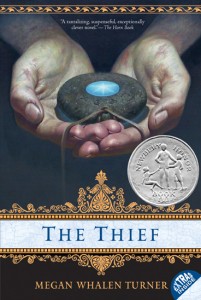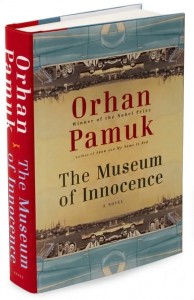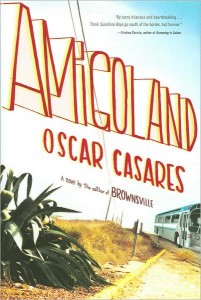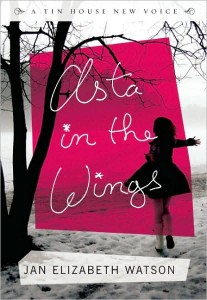Stealing Pleasure: Megan Whalen Turner's The Queen's Thief Series
by Charlotte Boulay
I’ve come a bit late (only 14 years or so) to the wonder that is Megan Whalen Turner, author of the young adult fantasy series The Queen’s Thief. Of all the books I’ve read in recent memory, not many compare to this series, which is serial narrative of the best kind—the kind that gets richer and more complex as it develops. Before this month, there were three novels: The Thief, The Queen of Attolia, and The King of Attolia. A fourth, A Conspiracy of Kings, has just been released. I can’t wait to read it.





























